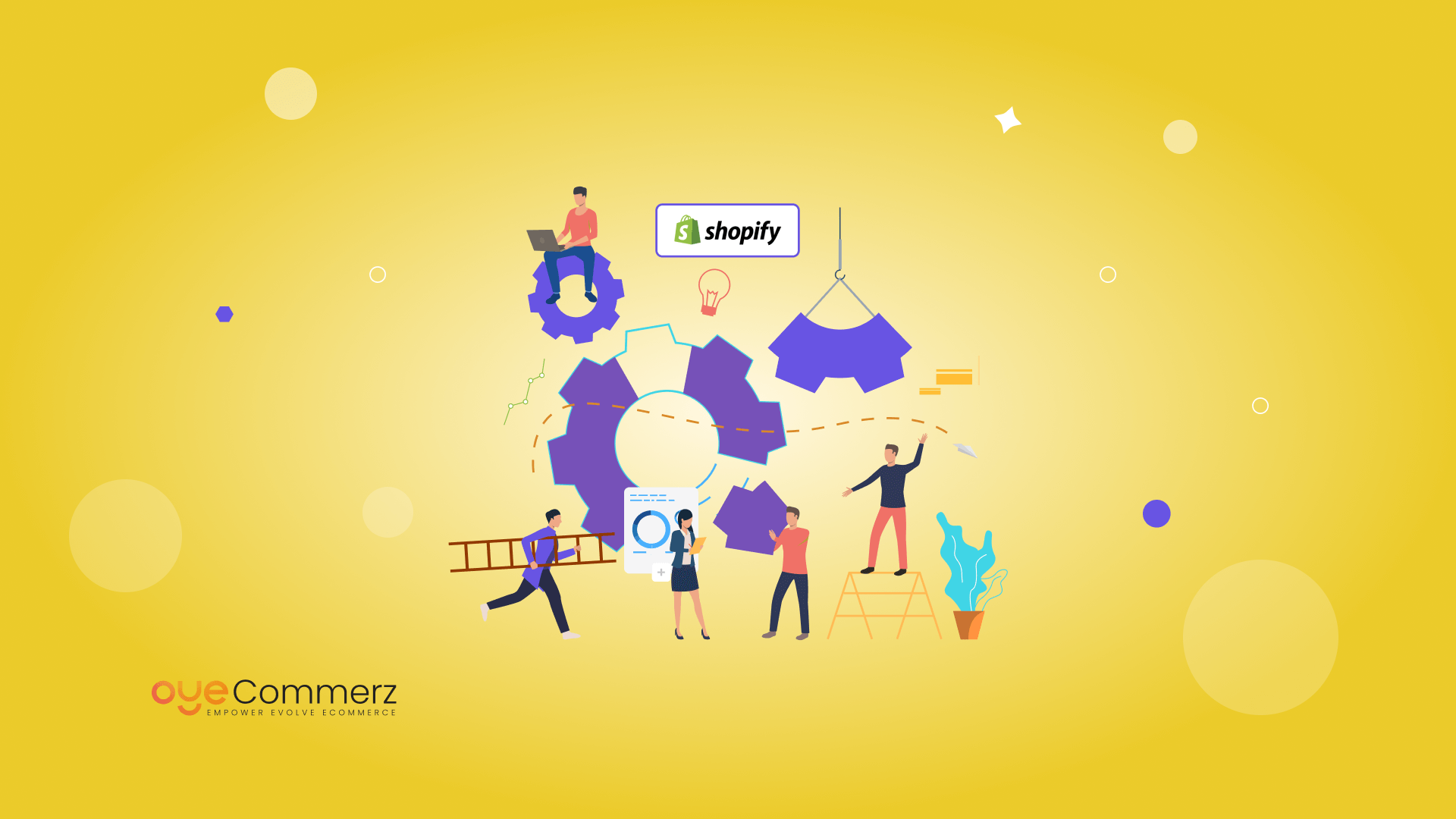Overview
In today’s cutthroat e-commerce environment, standing out is paramount, and one of the best ways to set apart a Shopify store is through tailored app creation. A robust Shopify app can boost store capabilities, simplify processes, and elevate customer engagement. This article explores key aspects of Shopify app development, from API integration to growth techniques and promotion methods, providing a roadmap for businesses seeking superior store efficiency.
Why Shopify API Integration Matters
Shopify’s API offers robust tools to personalize and extend store capabilities. With the GraphQL and REST API options, developers can retrieve information to create apps that handle inventory management, order processing, and customer data management seamlessly. Using Shopify’s API can enable improved workflow automation and enables stores to serve customers more efficiently.
Utilizing the Polaris Design System
Polaris is Shopify's design system for designing intuitive and accessible Shopify apps. By adhering to Polaris guidelines, developers ensure that apps integrate smoothly within the Shopify Admin experience. This ensures a cohesive look and feel that appeals to Shopify merchants, promoting usability and comfort for merchants using your custom app.
Understanding the Shopify App Ecosystem
The Shopify app ecosystem offers endless possibilities for enhancing online stores. From handling order fulfillment to increasing customer engagement, apps in this environment are designed to meet various business needs. Learning about this system helps developers in identifying unique app ideas and allows for smooth connections of third-party services that add value to the store.
Developing Embedded Shopify Apps
Embedded apps work seamlessly within the Shopify Admin, allowing a seamless experience for merchants. They allow merchants don’t have to navigate away from their Shopify dashboard, Streamline Shopify processes simplifying their process. Employing Shopify App Bridge and embedded app capabilities is a best practice for providing a unified, well-integrated user environment.
Leveraging Node.js and React for Shopify Development
The technologies Node.js and React have become top options for Shopify app creation. Node.js enables high-performance server-side applications, while React allows for interactive and adaptive front-end user interfaces. Together, they provide an strong platform for building fast, scalable Shopify apps that enhance store performance and customer interaction.
Utilizing Webhooks in Shopify Development
Webhooks enable instant data updates between Shopify and an outside application. They initiate events such as new orders or inventory updates and send instant notifications to your app. By implementing webhooks, apps can provide up-to-date information to store owners, streamlining workflows and boosting efficiency.
Engaging Customers Through Digital Marketing for Shopify Apps
To ensure Shopify app success, connecting with users is crucial. Using online marketing techniques like SEO, email marketing, and social outreach can increase app usage. Additionally, creating applications with customer interaction as a focus (e.g., loyalty programs or personalized suggestions) boosts user loyalty and satisfaction.
Making Your Shopify App Scalable
As e-commerce stores expand, so do their technological needs. Ensuring that your app can scale to handle increased traffic, larger databases, and more complex functionalities is critical. By improving server resources and using scalable technologies, you can develop apps that expand in parallel to a store’s growth.
Essential Features and Maintenance for Shopify Apps
For an app to be useful, it should offer essential features like user login, analytics dashboard, and support channels. Ongoing app upkeep, including updates to fix bugs Shopify App Bridge and ensuring compatibility with new Shopify functionalities, is vital to maintain continuous operation and prevent disruptions to merchant workflows.
Conclusion
Custom Shopify app development offers immense opportunities for e-commerce businesses, offering the ability to improve store functionality, streamline processes, and foster customer loyalty. With API integrations and Node.js to focusing on scalability and customer engagement, creating a Shopify app involves thoughtful preparation and well-planned actions. If you’re ready to unlock your store’s full potential, a tailored Shopify application may be the perfect choice. What capabilities do you see for your dream application? Share your ideas and take the first step toward an enhanced e-commerce journey!
